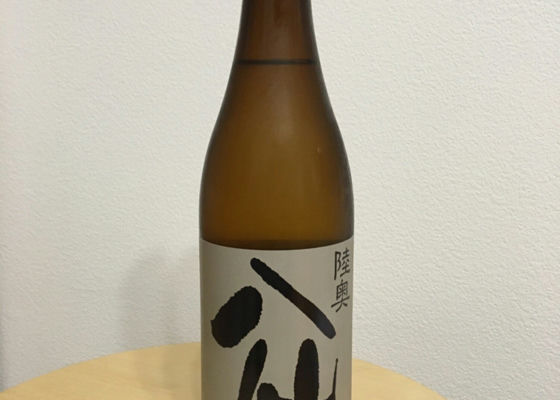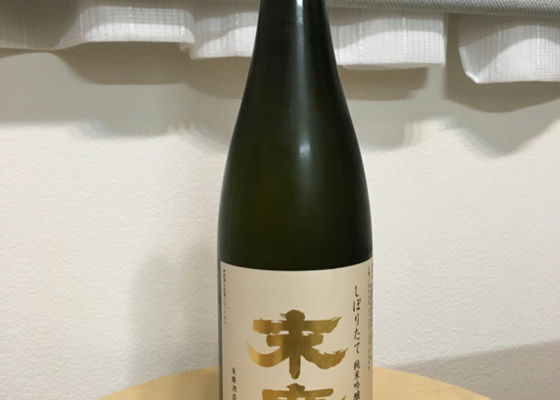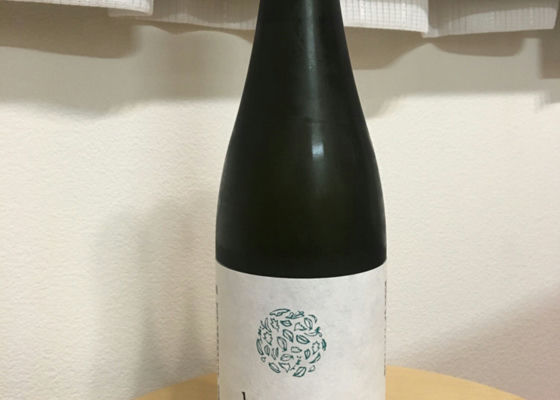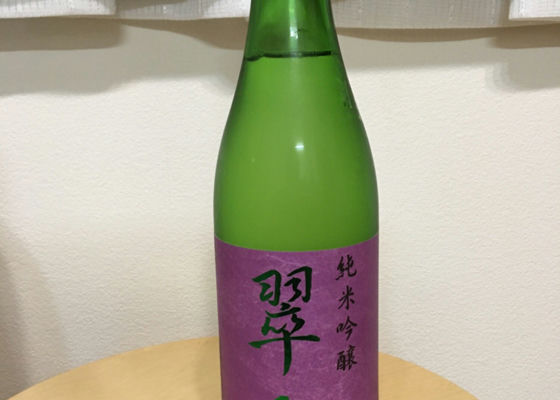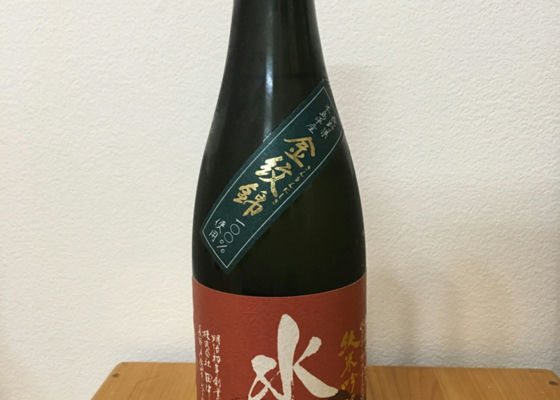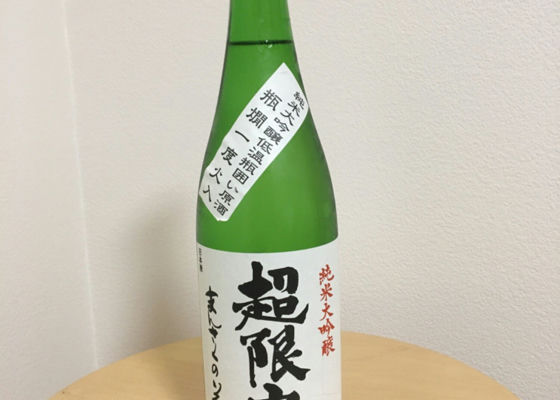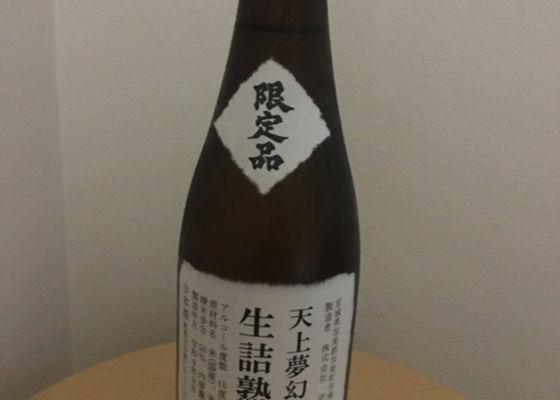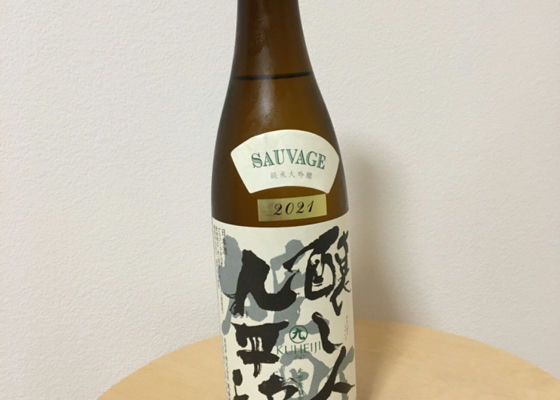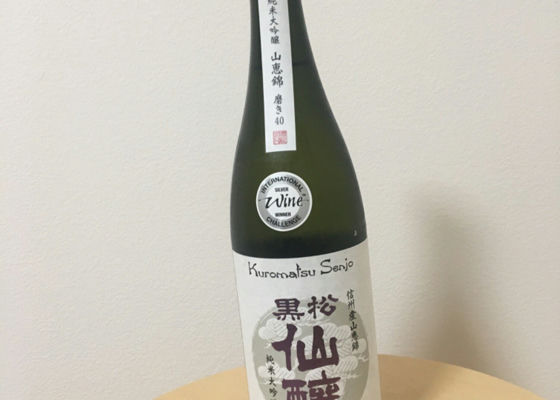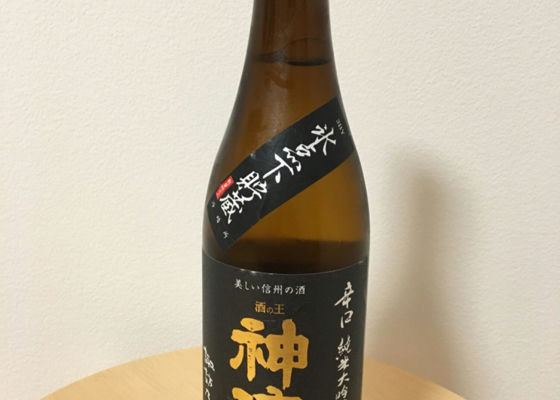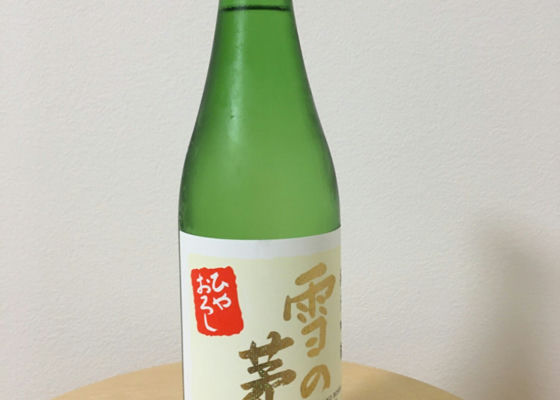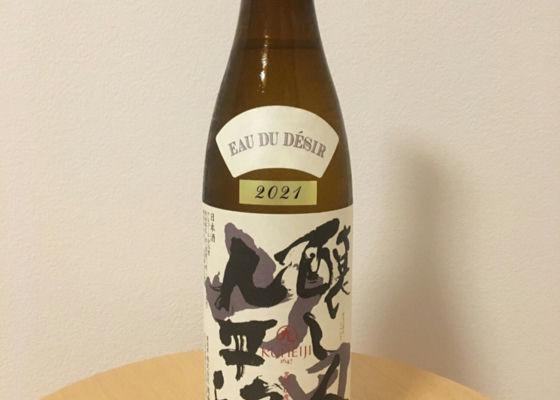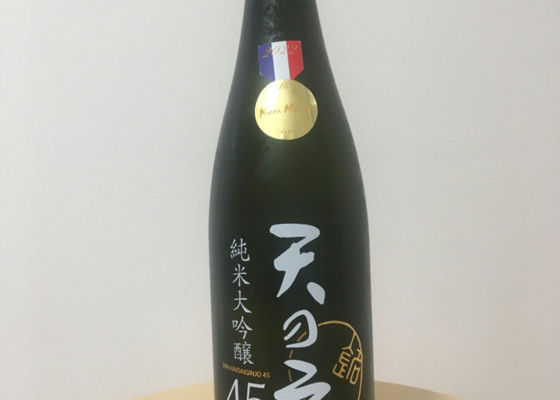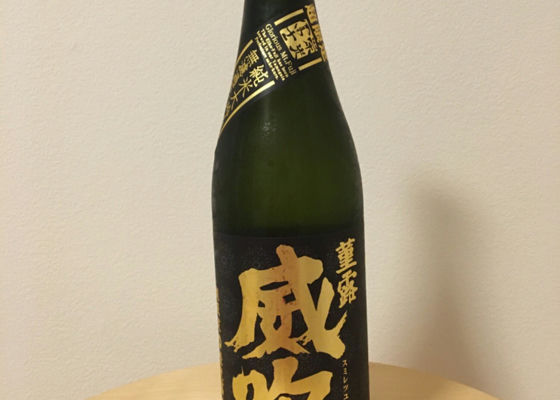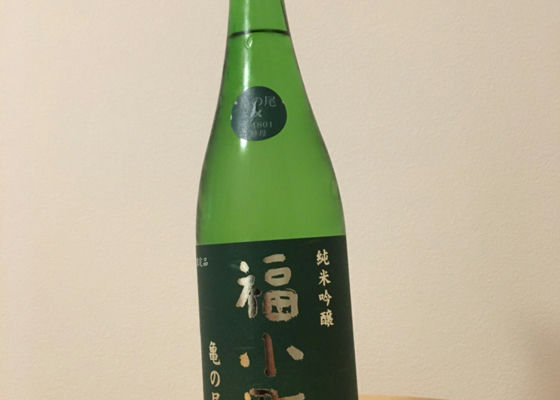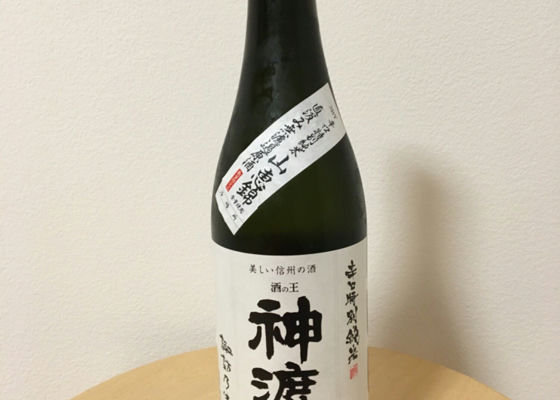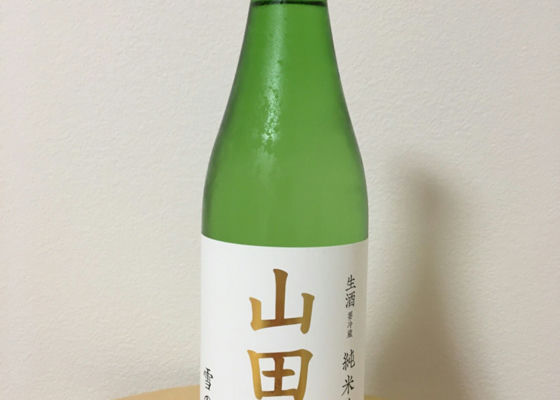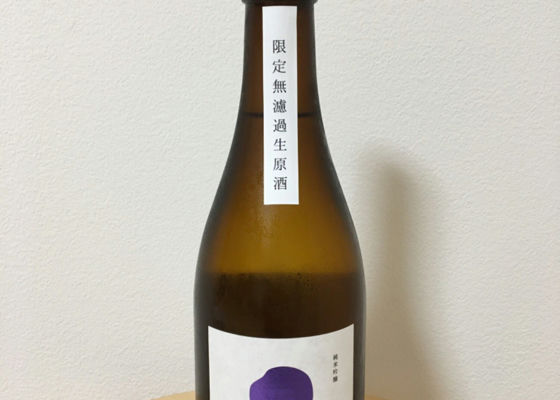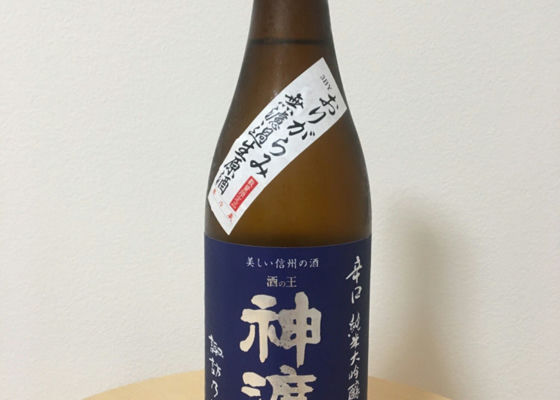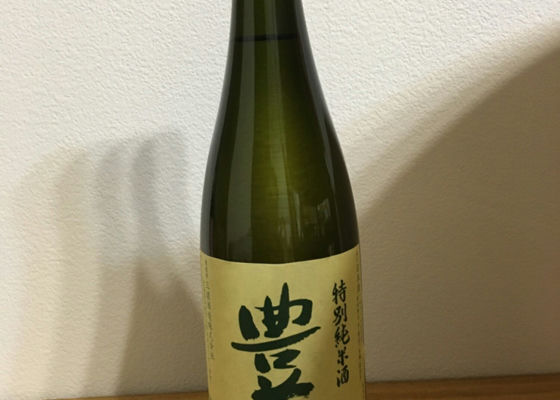
変なおじさん
I got a bottle of Toyobai, which a drinking friend had told me to try when I found it!
When you open your mouth, there is a slight smell of cemedine.
When you drink it, a moderate sweetness comes, and the aftertaste slowly fades away.
When you taste it on the root of your tongue, it doesn't have much alkalinity, but you can taste the pungent bitterness.
To be honest, it's not what I imagined, but it goes well with all kinds of food, and I think it's a good sake to drink during a meal.
I'd like to get a bottle of ginjo-shu as well!
Japanese>English
